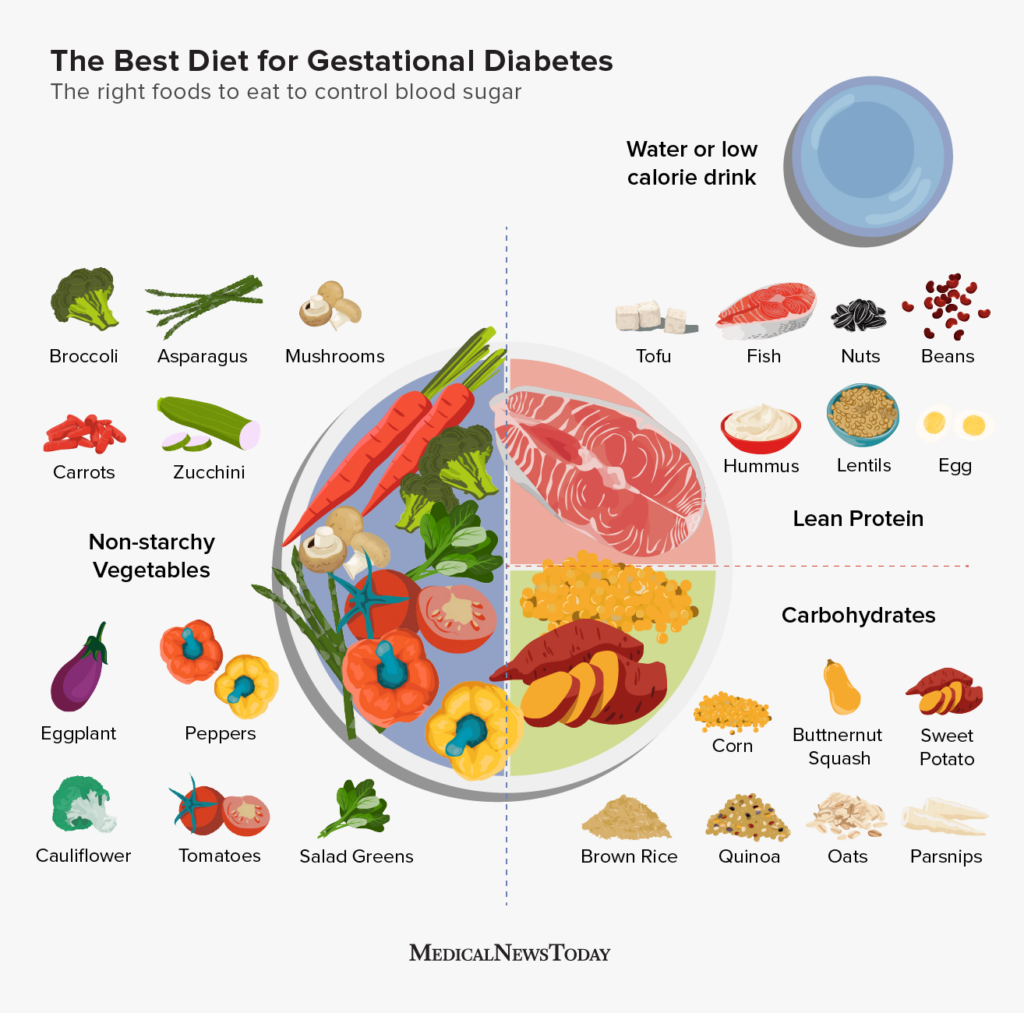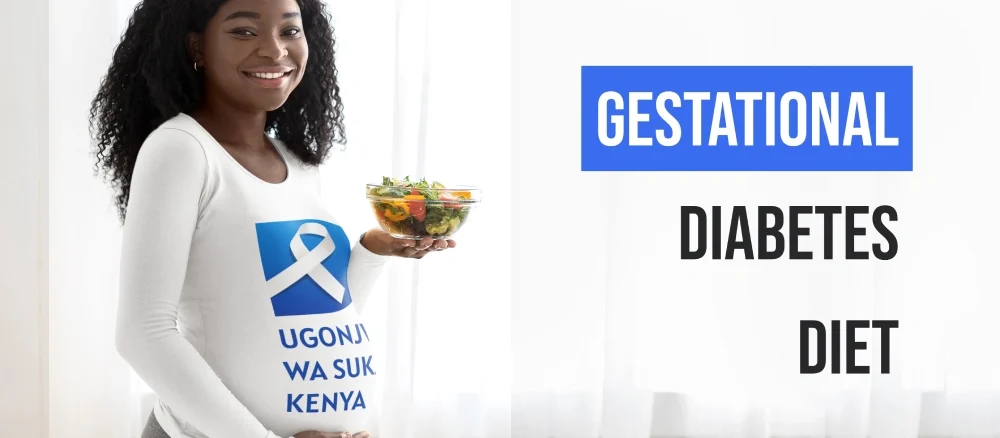- September 18, 2024
- Diabetes Kenya
- Comment: 0
- Gestational Diabetes, Life With Diabetes
Gestational Diabetes Diet: What to Eat for a Healthy Pregnancy
Managing gestational diabetes through a healthy diet is essential for a safe pregnancy. In Kenya, where dietary habits vary based on region and culture, it’s important to tailor your meal plan with locally available foods to keep your blood sugar levels stable and support a healthy pregnancy. Below is a guide for expecting mothers with gestational diabetes on what to eat and avoid.
What is Gestational Diabetes?
Gestational diabetes occurs when blood sugar levels become too high during pregnancy. This can increase the risk of complications for both the mother and the baby. The good news is that, with proper diet and care, you can manage gestational diabetes effectively.
Eating a Balanced Diet in Kenya
A balanced diet is crucial in managing gestational diabetes. In Kenya, you can find a wide variety of nutritious foods that can help keep your blood sugar levels in check. Here’s a breakdown of what you should focus on:

Incorporate Whole Grains
Whole grains like brown rice, millet, sorghum, and whole-wheat chapati provide slow-releasing carbohydrates, which help maintain stable blood sugar levels. Ugali made from whole maize flour is also a good option.

Eat Plenty of Vegetables
Vegetables are rich in fiber and essential nutrients. Leafy greens like sukuma wiki (collard greens), spinach, managu, terere (amaranth), and other indigenous vegetables are great additions to your diet. These vegetables are low in calories but packed with vitamins and minerals that support both maternal health and fetal development.

Include Healthy Proteins
In Kenya, protein options are abundant and affordable. Opt for lean proteins such as chicken, eggs, beans, lentils, and fish like tilapia. These help in maintaining blood sugar levels without causing spikes. Nyama choma (grilled meat) can be a healthy option if it’s lean and consumed in moderation.

Limit Carbohydrate-Rich Foods
Carbohydrate-rich foods, especially refined options like white bread, mandazi, and chapati made with white flour, can cause rapid spikes in blood sugar. Instead, choose healthier alternatives such as sweet potatoes, arrowroots, and whole maize or millet flour.

Stay Hydrated
Drinking enough water is important to help control blood sugar levels and support overall health. Avoid sugary drinks like sodas and sweetened fruit juices. Opt for water, unsweetened tea, or homemade juices without added sugar.

Foods to Avoid
To keep your blood sugar under control, it’s important to avoid or limit certain foods commonly found in Kenya:

Sugary Foods
Avoid cakes, biscuits, and sugary snacks like maandazi and soda.

Refined Grains
Limit white rice, pasta, and bread made from white flour, as they can cause blood sugar levels to rise quickly.

Fried Foods
Reduce your intake of fried foods such as chips and deep-fried samosas, as they can contribute to weight gain and higher blood sugar levels.
Healthy Snack Ideas
In between meals, opt for healthy snacks like:

Nuts
A handful of nuts like peanuts or cashew nuts

Fresh fruits
in moderation like apples, oranges, and pawpaw

A boiled egg

Carrot or cucumber sticks
Physical Activity
In addition to a healthy diet, staying active is vital for managing gestational diabetes. Simple activities like walking, light housework, or even prenatal yoga can help keep your blood sugar levels stable. Consult your healthcare provider for exercise recommendations tailored to your pregnancy.
Working with Your Healthcare Team
In Kenya, healthcare providers are essential partners in managing gestational diabetes. Make sure to attend regular prenatal check-ups and discuss your diet plan with a nutritionist or doctor. They will guide you on how to modify your meals and monitor your blood sugar levels throughout your pregnancy.
Conclusion
Managing gestational diabetes with a healthy diet and lifestyle is key to ensuring a healthy pregnancy. With the wide variety of nutritious foods available in Kenya, you can create a balanced meal plan that keeps both you and your baby safe. Always consult with your healthcare provider for personalized advice, and enjoy a healthy and happy pregnancy.
